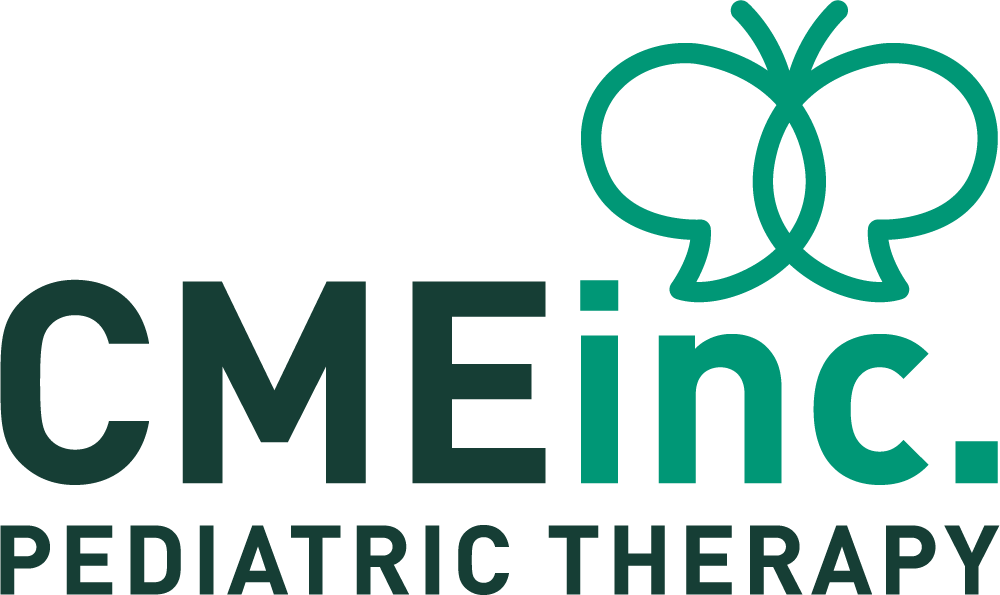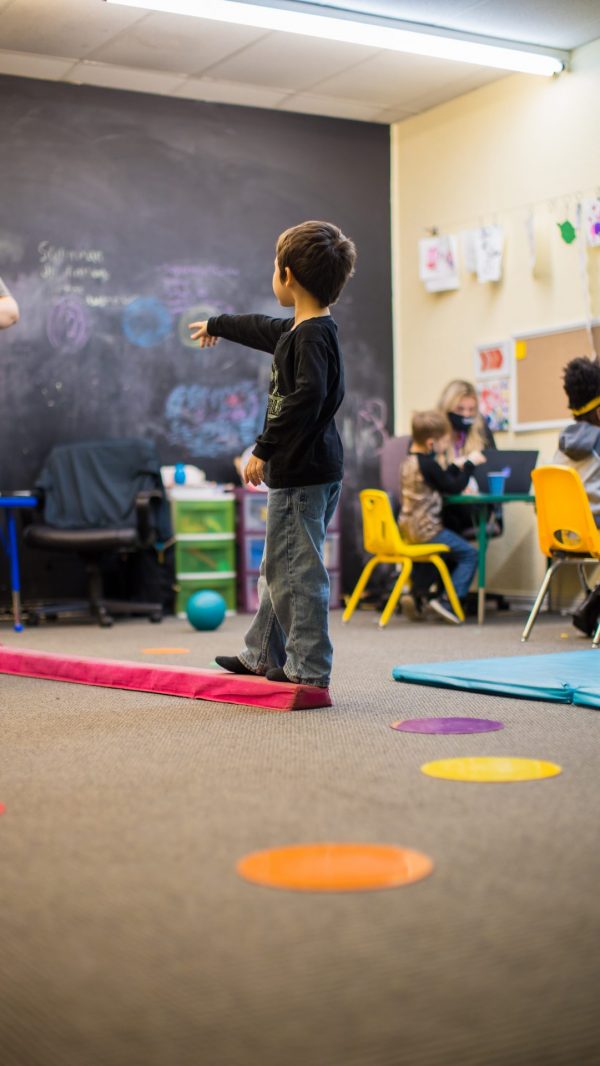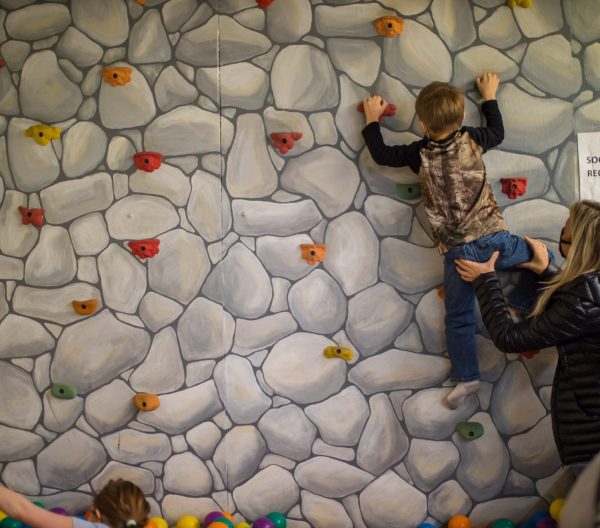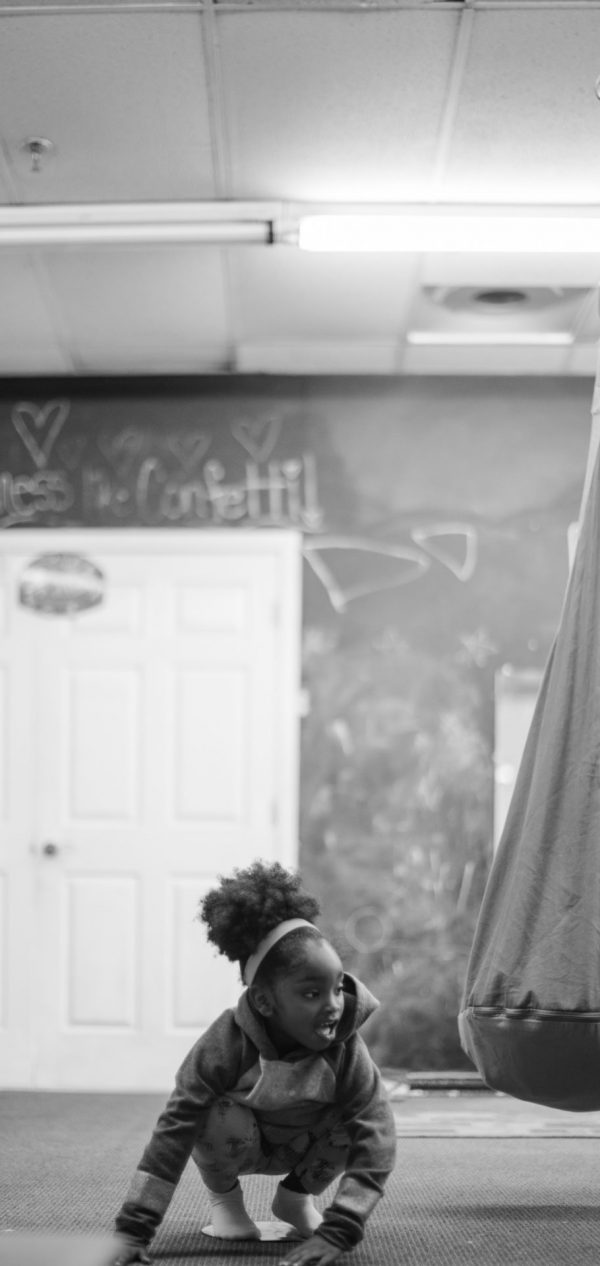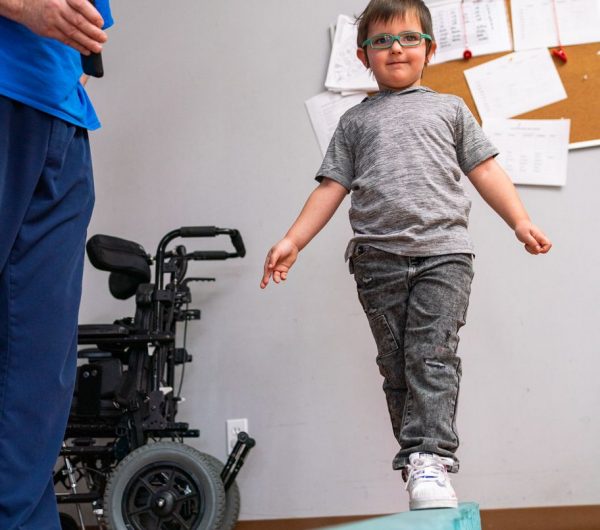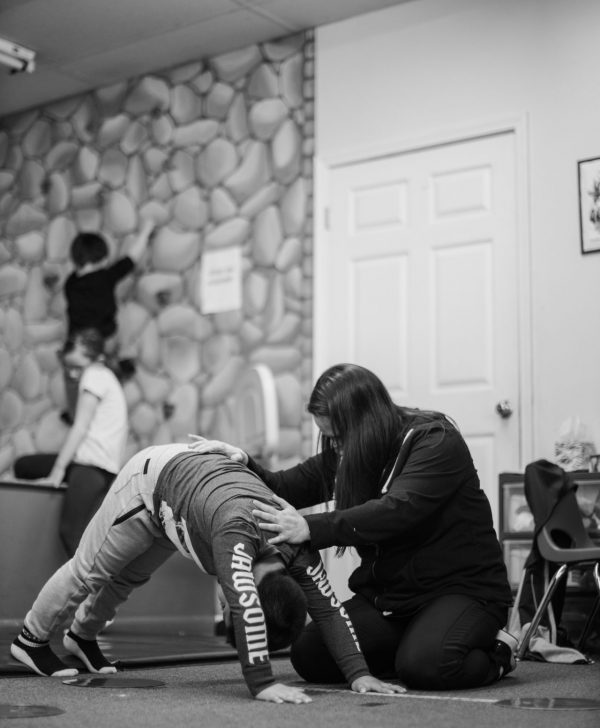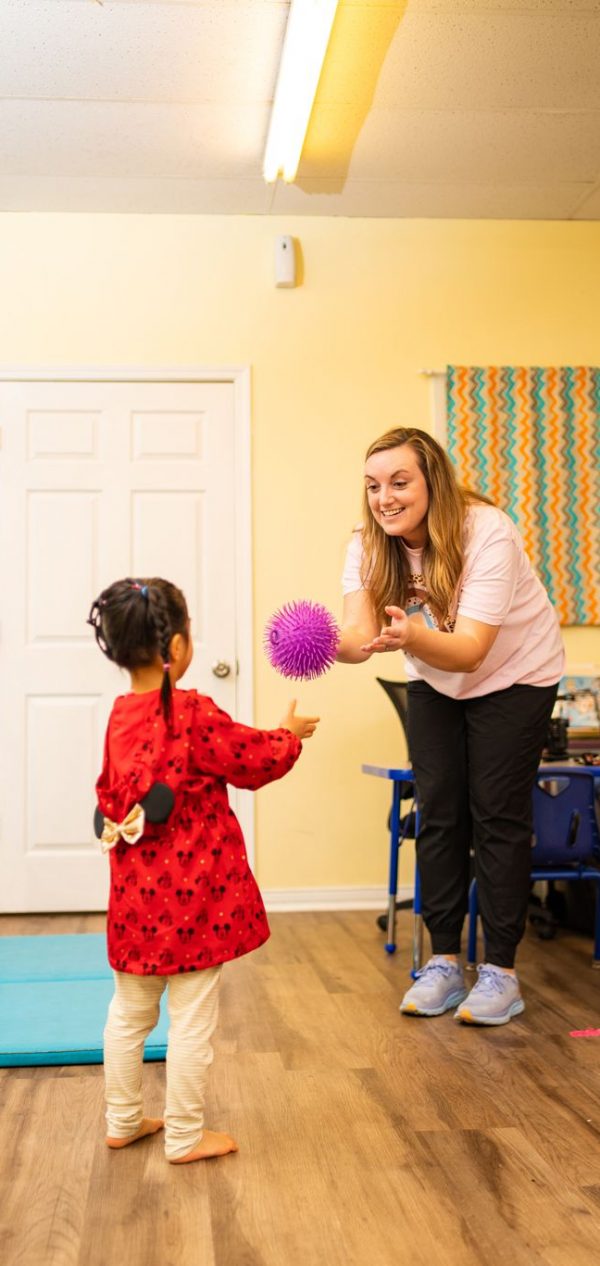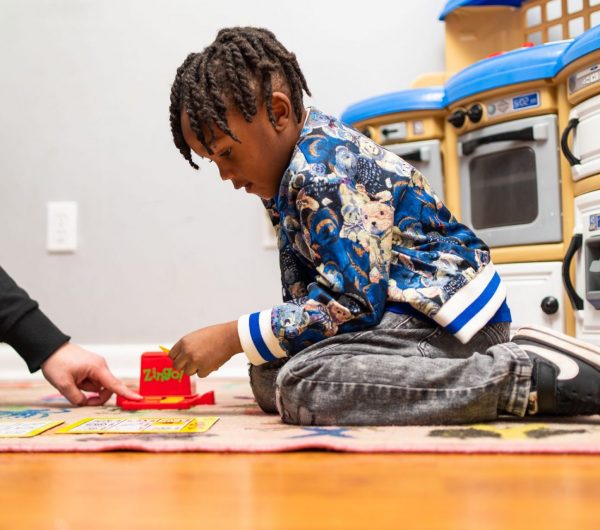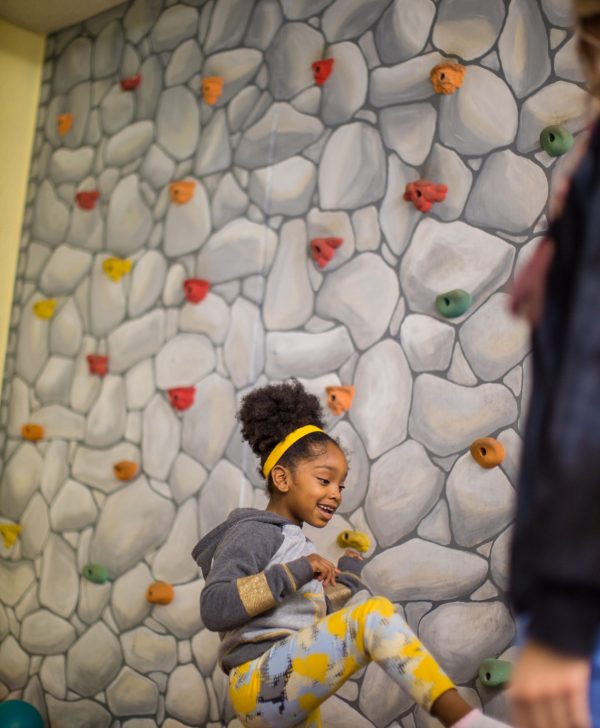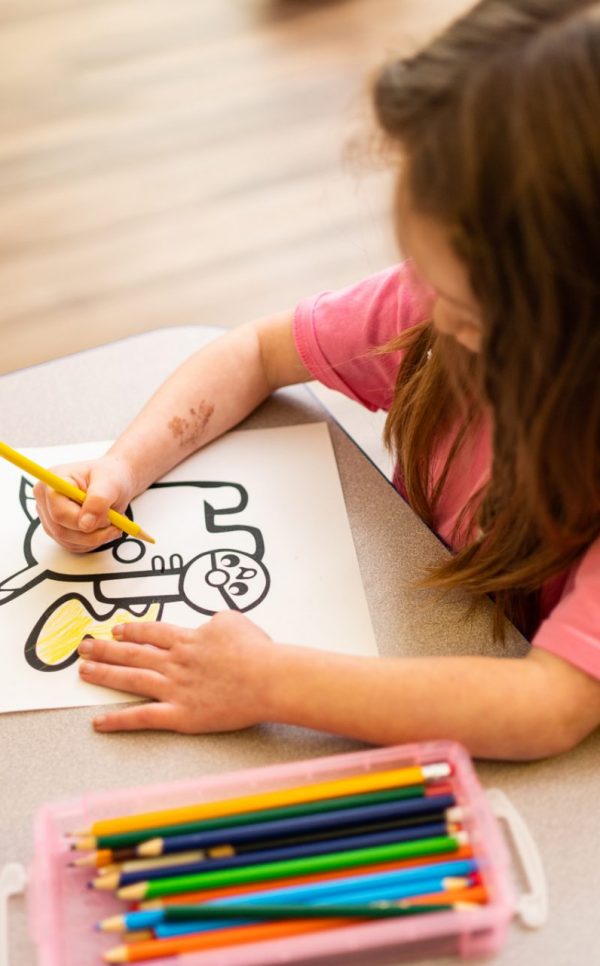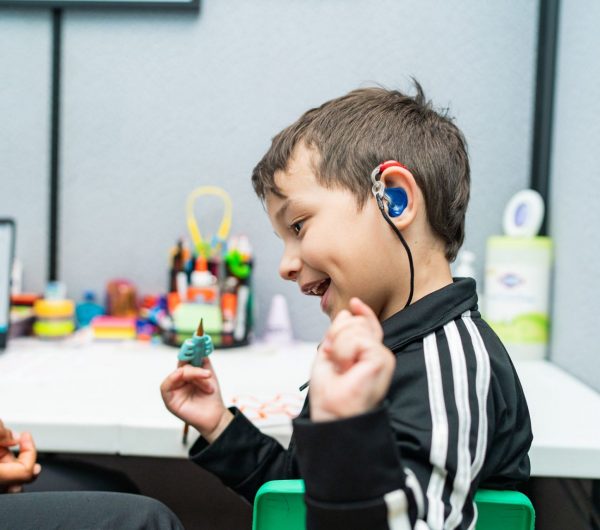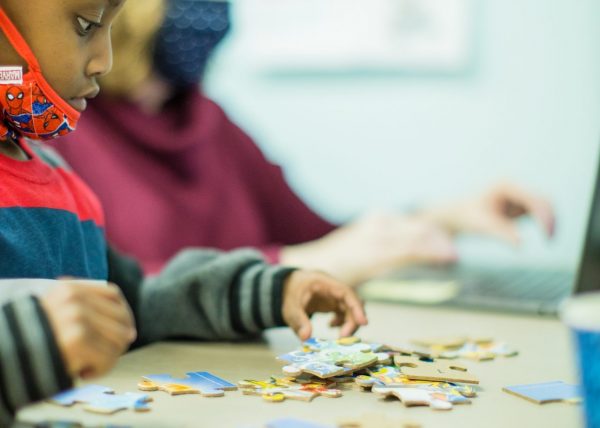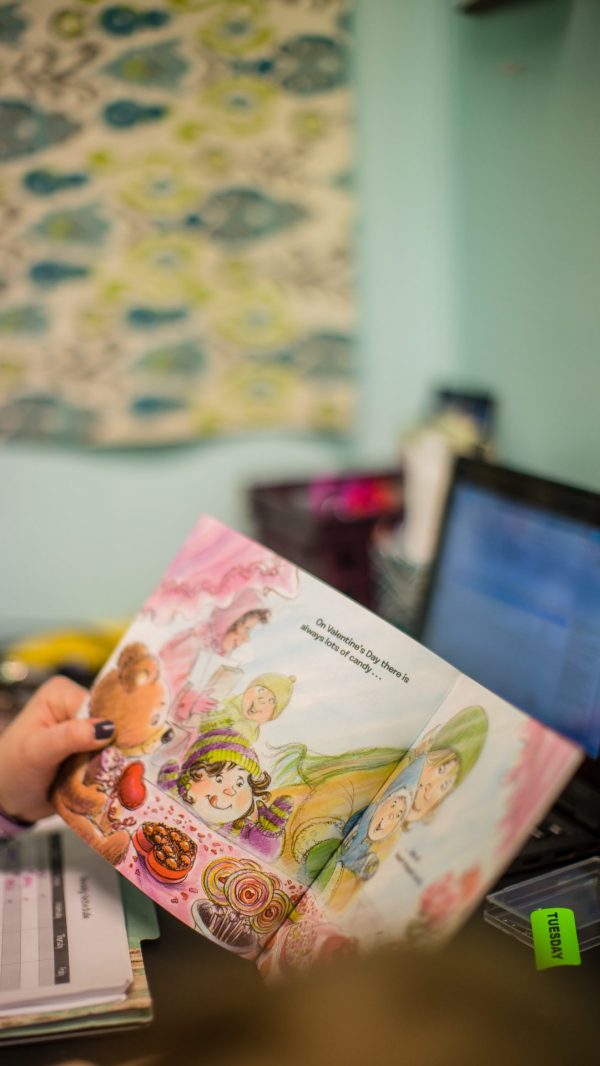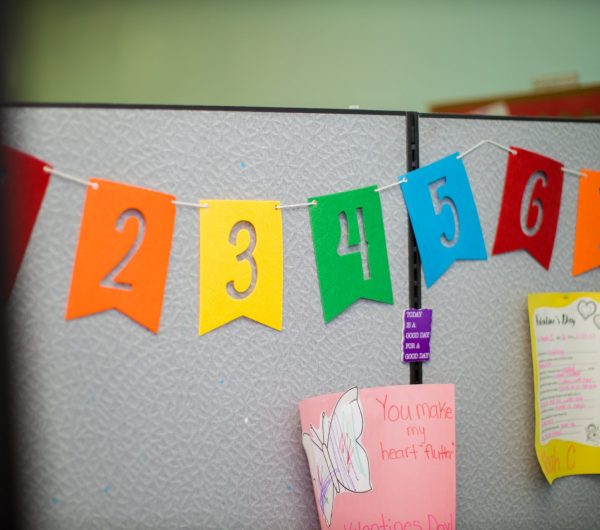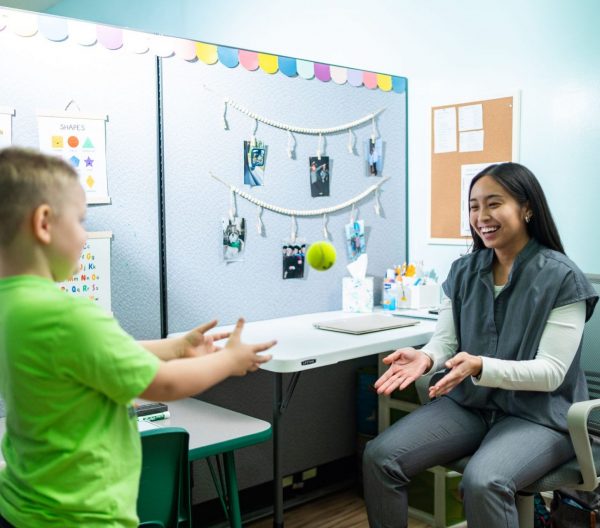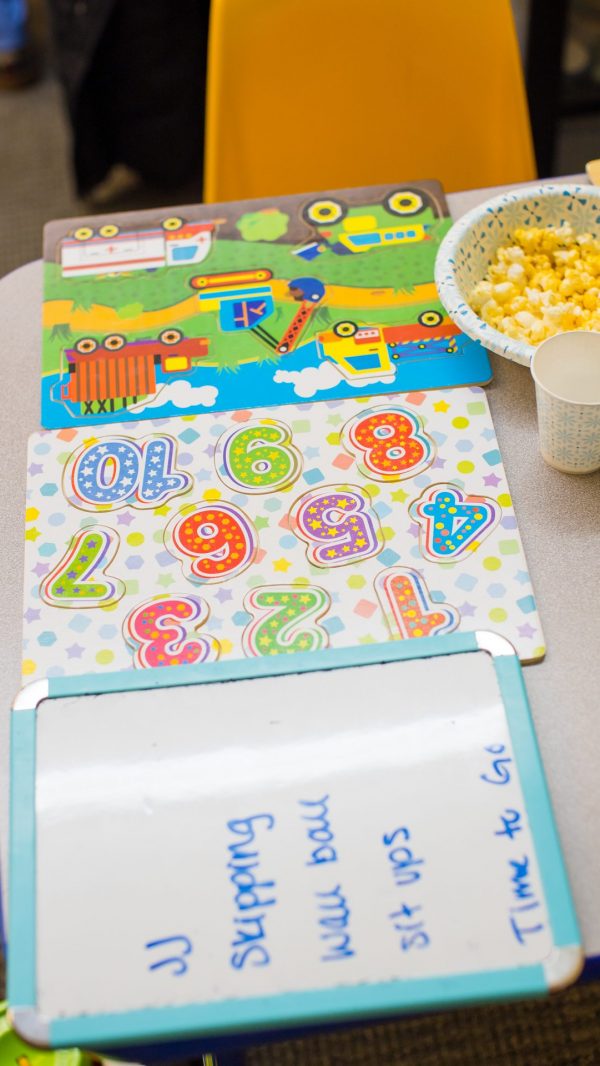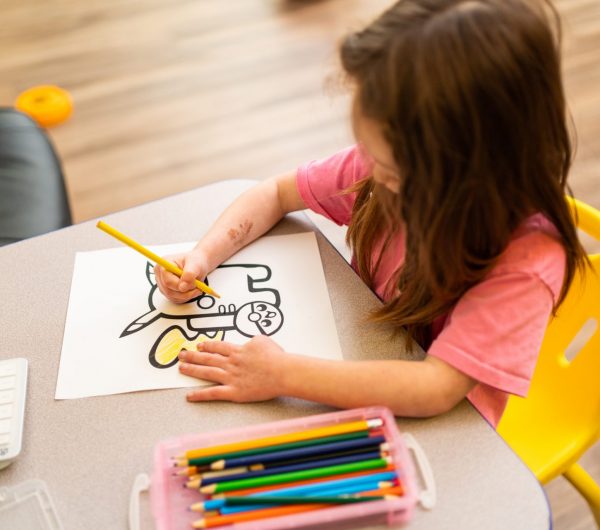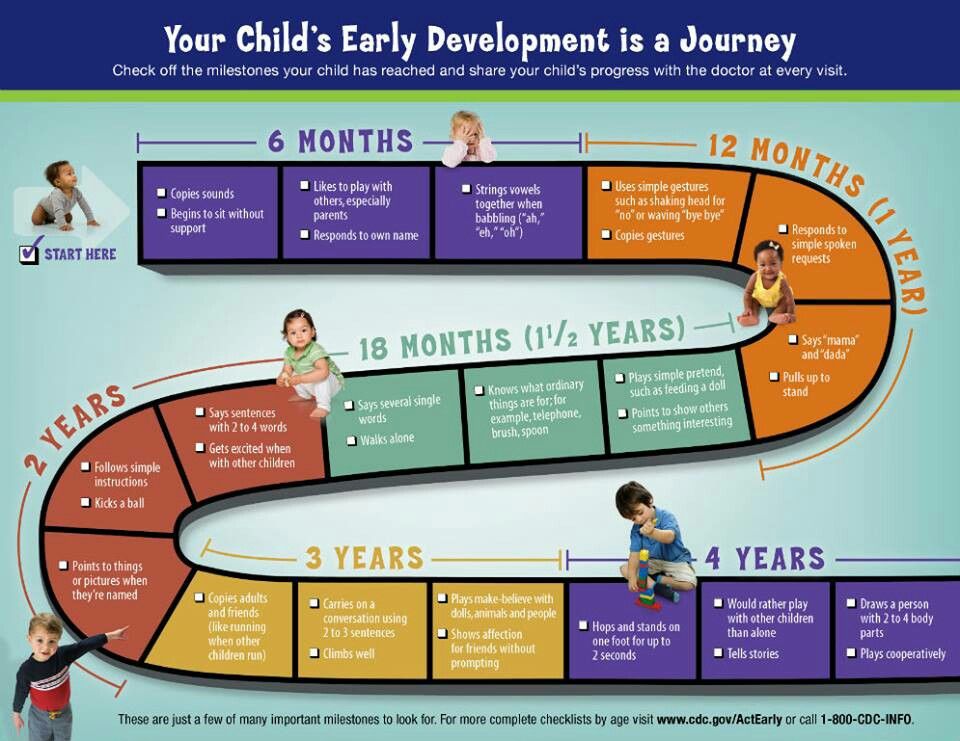Services
Physical Therapy
The goal of physical therapy (PT) is to achieve the most typical and efficient movement and balance for a child’s body, promoting strength, coordination, functional motor skills, and more.
Our physical therapists (PTs & PTAs) assist children with mild to severe deficits in gross motor skills. Their treatments focus on helping patients reach greater mobility and independence by working to strengthen and increase range of motion in body parts.
PTs Focus on Improving
- Proper posture/positioning
- Balance and strength
- Coordination
- Functional mobility and gait (walking)
- Motor planning
- Equipment needs
- Muscle tone
- Joint mobility
- Range of motion
Common Treatments
- Development of gross motor skills
- Equipment assessments
- Gait pattern assessment and treatment
- Kinesio taping
- Neuro-development treatment
- Postural and sensory training
- Developmental play therapy
How do I know if my child needs physical therapy?
- After an injury (from a fall, during a sporting event, etc.)
- After a surgery
- If your child frequently falls, trips/slips, or seems to be off balance
- If your child has difficulty keeping up with his/her peers on the playground or at school
- If your child has difficulty with coordinating his/her movements including tasks such as jumping jacks
- If your child chronically complains of pain in the same body part
- If your child is developmentally delayed
Occupational Therapy
Pediatric occupational therapy focuses on helping children develop the skills they need to grow into functional, independent adults. Occupations are a person’s everyday activities. For children, these include: playing, getting dressed, self care, school work activities, and social interaction. Pediatric occupational therapists address various aspects of physical, cognitive, social, and sensory development for a child.
Pediatric occupational therapists are trained to address sensory-processing issues and help equip parents to successfully manage their child’s behavioral struggles. They gain independence while also strengthening the development of fine motor skills, sensory motor skills, and visual motor skills that children need to function and socialize.
Here are fine motor skills, motor planning, and hand-eye coordination examples of the tasks and skills OTs might focus on:
- Self-care routines, like getting dressed
- Writing and copying notes
- Holding and controlling a pencil
- Using scissors
- Core strengthening
- Attention
- Hand dexterity
- Social interaction skills
- Sensory processing
- Visual motor skills
- Ball skills
- Shoe tying
Speech Therapy
Speech therapy is the assessment and treatment of verbal and non-verbal communication problems and speech disorders. It is performed by speech-language pathologists (SLPs), which are often referred to as speech therapists. Speech therapy techniques are used to improve communication. These include articulation therapy, language intervention activities, play therapy and others, depending on the type of speech or language disorder.
Speech therapy covers much more than most people realize. It is common to listen to a child and think they are in need of a speech-language pathologist if the sounds they make are not correct. This is especially true when a child can not be understood. Although sound production (articulation) is one of the main tasks for a speech language pathologist, it is not the only task.
Common disorders treated by Speech Language Pathologists:
- Articulation – Difficulty creating or forming speech sounds needed to communicate with others, making speech difficult to understand.
- Receptive language disorder – Difficulty understanding and processing what others say, including difficulty following directions and understanding/learning new concepts and ideas.
- Expressive language disorder – Difficulty using language, including vocabulary and grammar to express wants, needs, and thoughts.
- Social communication – Difficulty communicating in ways that are socially appropriate, which may include turn taking, understanding and using rules for verbal and nonverbal communication, etc.
- Fluency disorder – Difficulty getting out a sound, blocked or interrupted speech, or repetition of part or whole word.
- Feeding disorders – Difficulty with any of the following: sucking, eating solid foods, drinking from a cup, taking a long time to eat, or only eating certain foods.
- Swallowing disorders – Difficulty with sucking, chewing, moving food or liquid into the throat, closing off airway to keep food or liquid out, or food getting stuck in esophagus.
